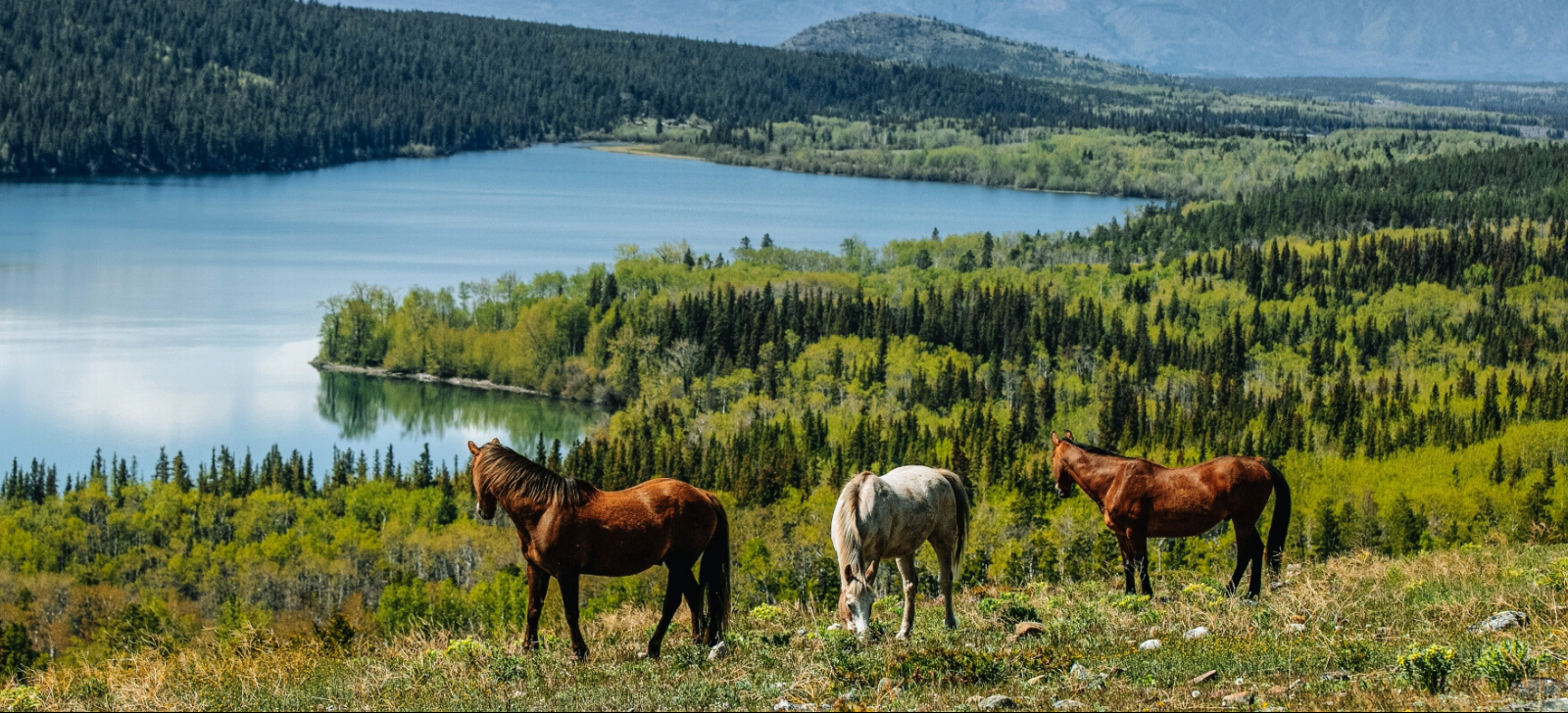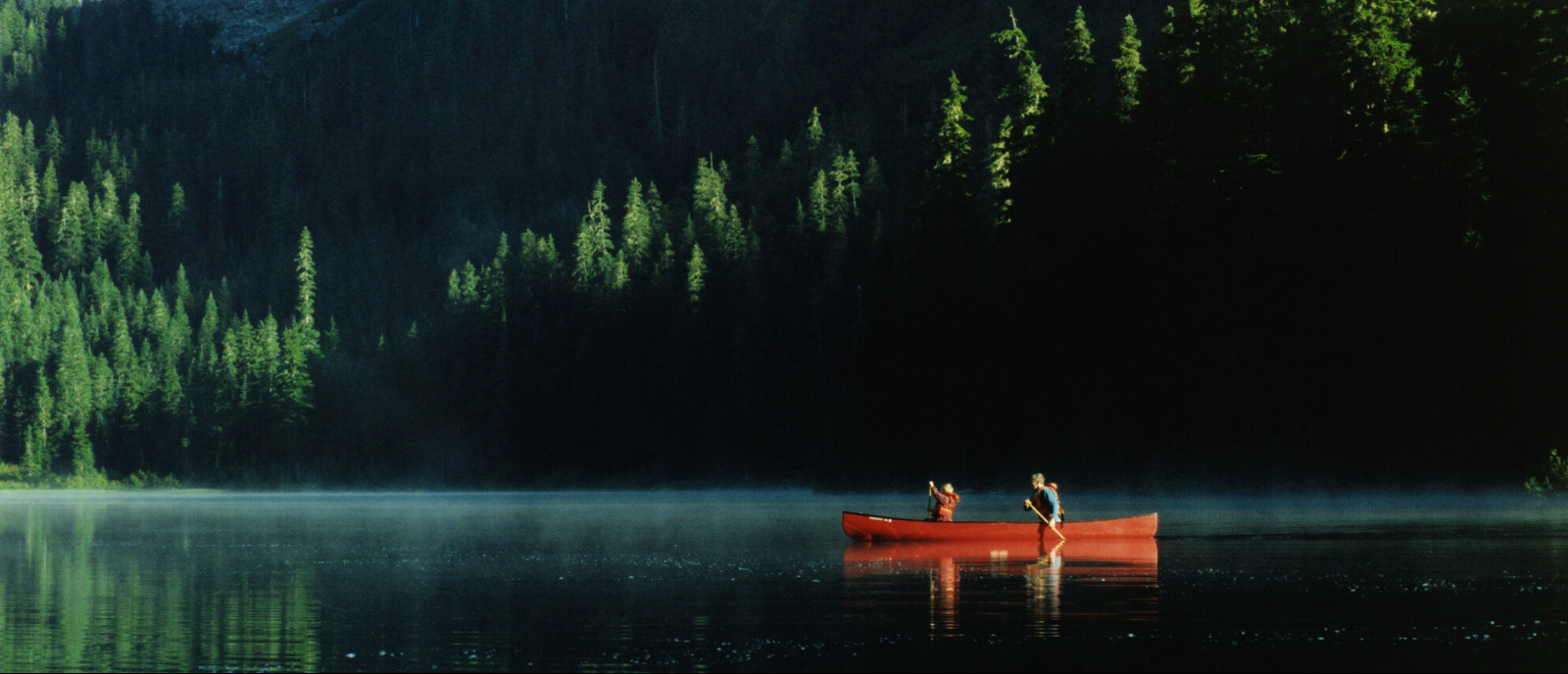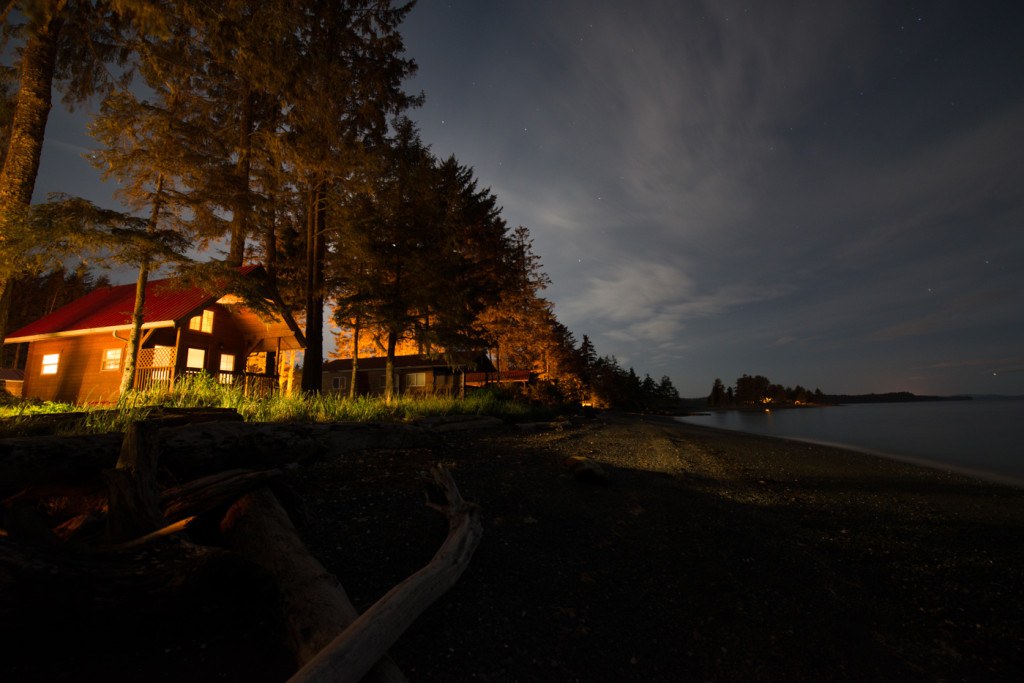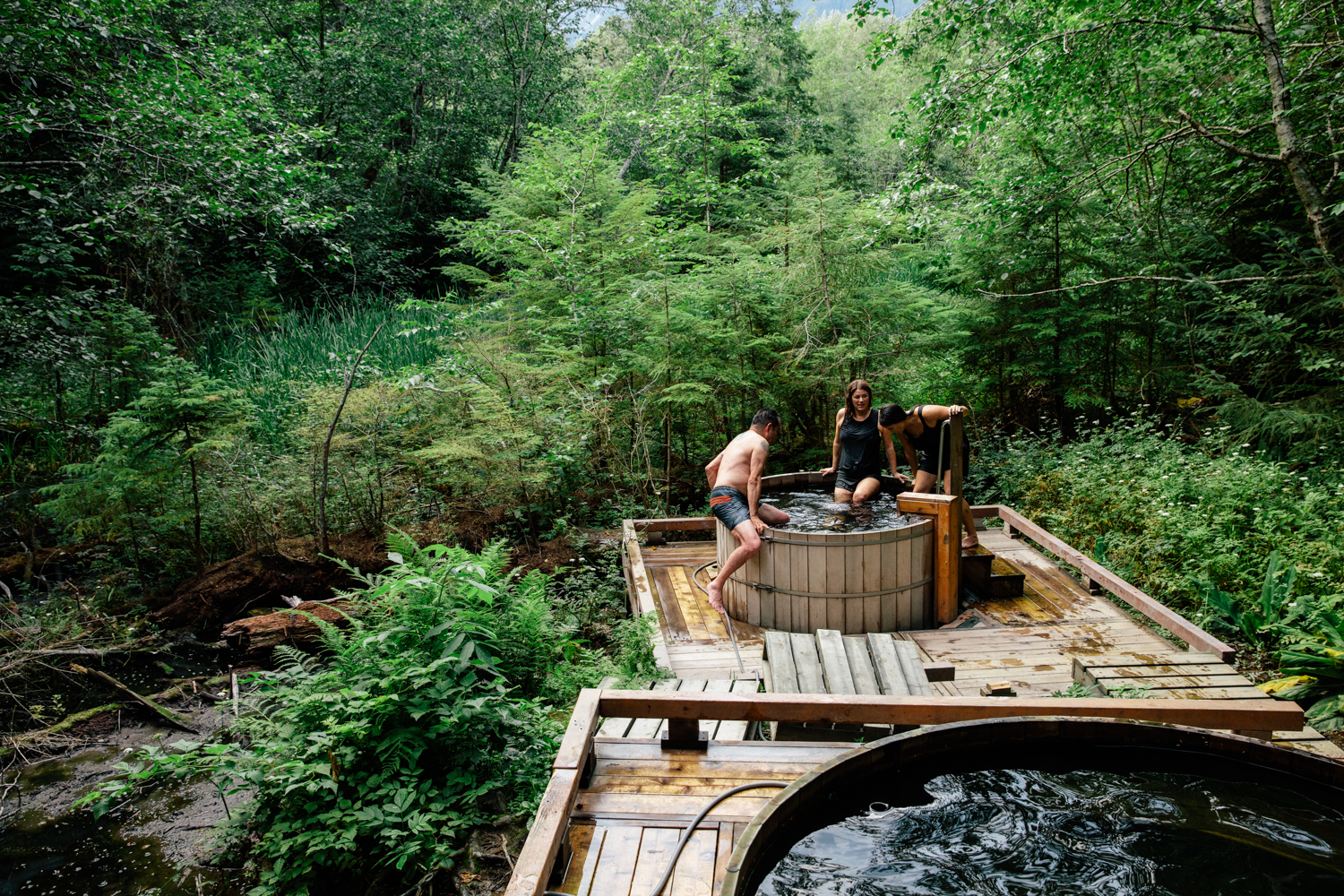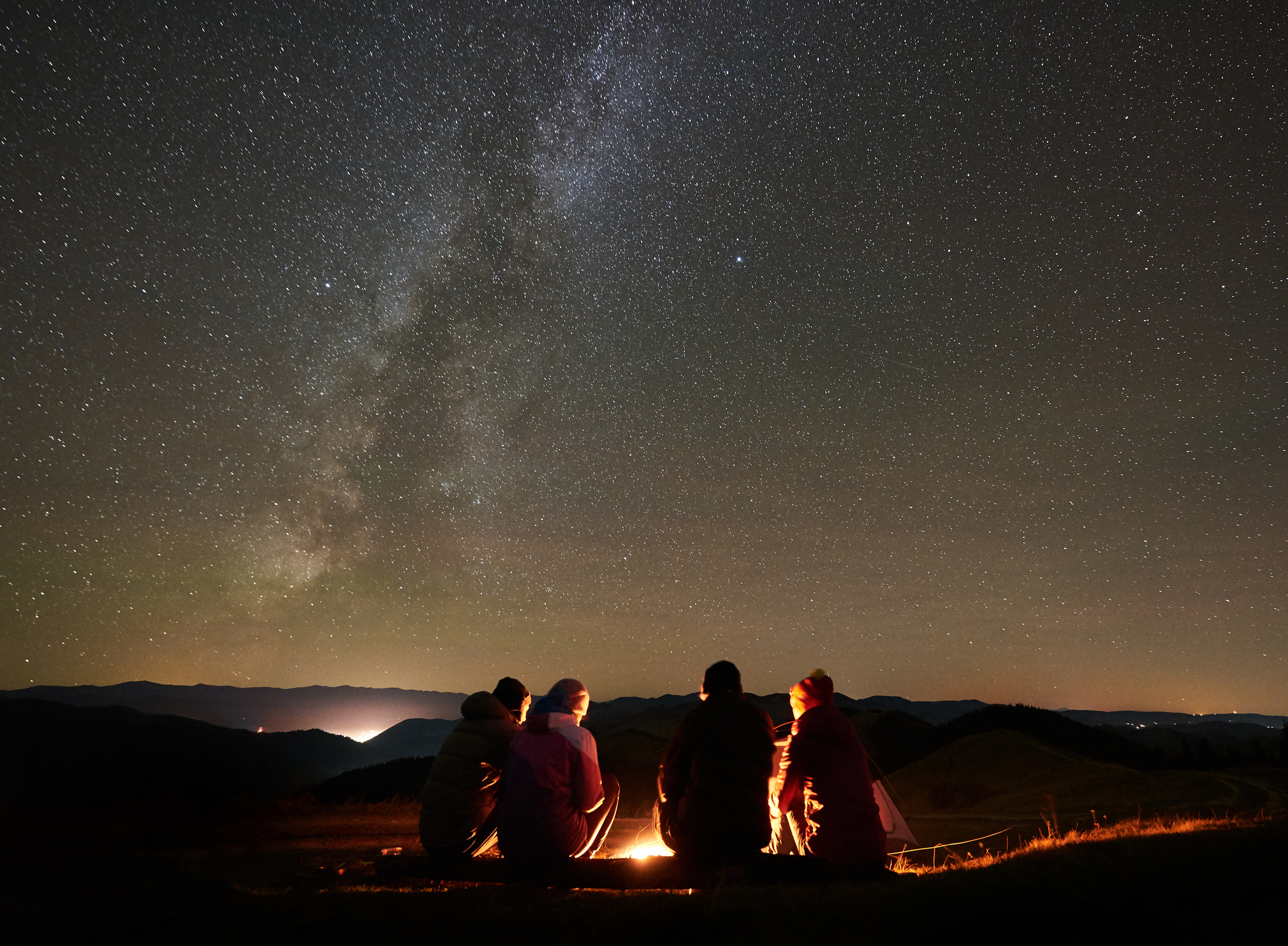How To Travel Responsibly
Destination BC offers resources for current and reliable information about local road conditions and closures, and other environmental considerations.
Gratitude and respect are essential in all healthy interactions–to preserve balance and demonstrate care. We honour Indigenous Peoples in British Columbia for holding the knowledge of these beautiful lands and walk gently upon them.
Responsible tourism uplifts travel experiences that create positive impacts for all involved – not just the traveller. Your travel plans affect Indigenous Peoples–their communities, languages, cultures, waters, animals, and lands.
Indigenous Peoples are stewards of some of the most biodiverse and remote areas in British Columbia and protectors of the rare plant and animal species, abundant waters, and diverse terrain that draw visitors from around the world.
Build learning and respect into your plan for adventure.


Travel responsibly. Everything is connected.
Responsible tourism uplifts travel experiences that create positive impacts for all involved–not just travellers. Your travel plans affect Indigenous Peoples and the communities, waters, animals, and lands they care for.
Indigenous Tourism BC advises travellers to know before you go. Indigenous communities and cultures are as unique as the lands they call home. Reach out to your Indigenous hosts for inside tips on current conditions and responsible travel in their Territories.
Indigenous Tourism BC advises travellers to know before you go. Speak directly with tourism operators before travel for best planning.


Travel is a privilege.
Travel is an opportunity to discover differences and learn from them rather than bring your day-to-day life on tour. Responsible travellers respect the guidelines set by Indigenous communities and seek to understand more about historical and cultural differences. Here are some tips to help you be a responsible and respectful traveller in Indigenous territories.


Respect local Indigenous stewardship and governance.
As stewards of the land and keepers of culture, Indigenous governance and communities guide local protocol. For remote communities, including island communities, the concern about sustainability and the need to protect resources is significantly deeper. Haida Gwaii, for example, is a unique and delicate ecosystem. Remote communities may have concerns about visitors during states of emergency due to road conditions, limited resources, or distance to health services and emergency response. Respect specific requests to stay away and research community guidelines before planning your trip.


Seek and follow the wisdom of Indigenous guides on the land.
You are a guest. Your off-the-beaten-path campsite discovery has been somebody else’s home for generations. That secret swimming spot you’ve found could be a sacred site or traditional fishing hole. The land is medicine for us all. Please avoid travel into unknown backcountry and adhere to the advice of locals. Engage with animals in a non-invasive way and only with the direction of local guides.


Travel less. Stay longer.
Travel slow and take it all in. Expanding your cultural knowledge is not a contest, and a non-stop itinerary can leave you feeling like you’ve checked all the boxes but missed it all. Choose a destination that allows you to stay, learn, and contribute in one geographic area. Practice travelling with intention, not hyperspeed.


Stay and spend locally.
Follow an itinerary that contributes economically or otherwise to the local community. If you can book accommodation at an Indigenous lodge instead of a multi-level hotel or eat a meal with your Indigenous host instead of stopping for fast food, please do. Set a goal to put your travel dollars in the pockets of your Indigenous hosts.


Interact respectfully with Indigenous Lands.
Visitor activity can create additional challenges or increase vulnerability for the Indigenous community you are visiting. Wildfires, stranded or injured backcountry visitors, and increased pollution to waters and lands place extra strain on Indigenous communities and resources. If you just can’t keep away from the wilderness, please enrich your experience by increasing your respect for the water, plants, and animals that have sustained the people for millennia. Take direction for your adventure and wildlife experience from local Indigenous guides.


Come prepared and think sustainably.
Bring all of the essentials required to sustain you in case of an emergency and take care to not challenge the resources of Indigenous communities. Another negative impact of travel is an increase in carbon emissions. You can’t build relationships or deepen knowledge as you zoom past en-route to the next too-short experience. Stay local and consider moving between places in alternate ways to increase the time you have to learn and engage. Walking and water tours are kinder to the environment and offer a higher return to hosts and your travel party.
